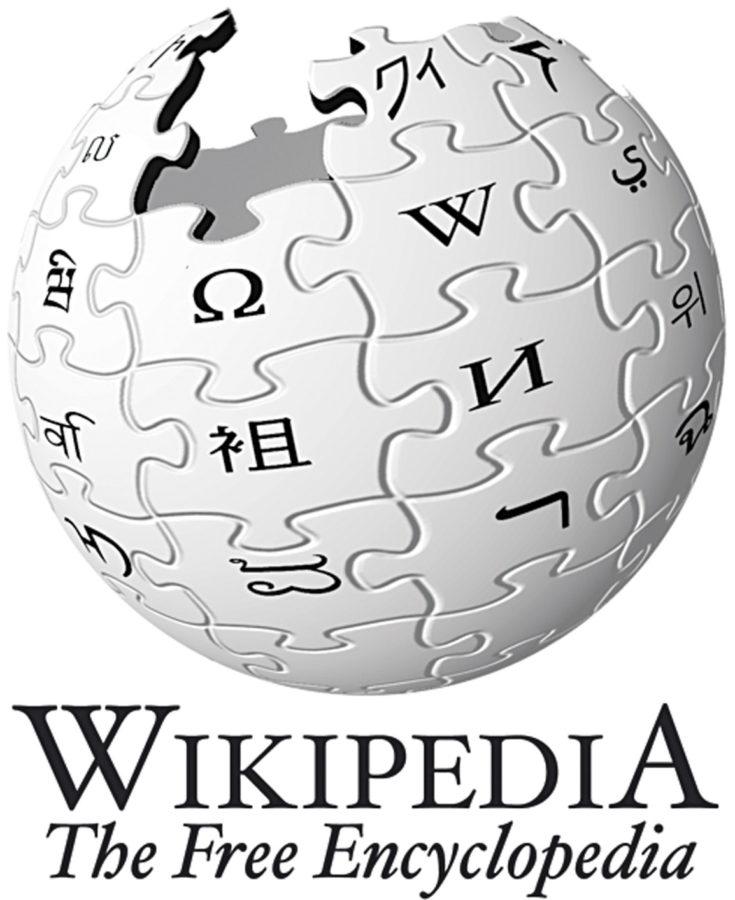Jensen: Academia needs to accept Wikipedia
March 19, 2012
Two hundred forty-four years ago, the Encyclopaedia Britannica was born. Nineteen years ago, information began being sent through what we called the Internet along with the idea of an online encyclopedia. Eleven years ago, Wikipedia was formally launched and has recently put the physical encyclopedia on permanent hold from the printing presses.
Our education system has adapted the idea that the encyclopedia is more credible than many public contributors building one and is continuously being developed. Yet, still today, 73 percent of teachers prohibit the use of Wikipedia for research by their students.
The good news is that number is down from 86 percent in 2005. The bad news is that I believe the ignorance of adopting Wikipedia as a credible source is hurting more than doing any good.
During my first year at Iowa State, professors made it clear that Wikipedia was not a source to be credited. It was only to be a reference to start your research or rather a preemptive part of the research. When nearly eight out of every 10 students still turn to Wikipedia for first research purposes, it seems to be the preliminary part of any research.
Isn’t this also what the traditional encyclopedias were for as well? So why were they seen as a credible source when their mistakes per article are just less than one better than Wikipedia? One could argue that the ease of plagiarism is higher, so making it a non-credible source is only a preventive measure. Another could argue that making it open to anyone to edit makes it, in itself, a non-credible source.
Plagiarism has always been the No. 1 issue among students and their respective institutions. In 2001, a study found among a sample of 1,800 students at nine state universities reported that 52 percent had copied a few sentences from a website without citing the source. A separate but more recent study found 11 percent of college papers plagiarizing Wikipedia.
Whether you think Wikipedia is a credible source or not, among online sources it seems to be the one most credited. Plagiarism always will be a concern in any academic institution, so rather than discounting a source due to the ease of that negligence to occur, I’d push for what makes a source truly credible.
This brings me to the second argument of discounting Wikipedia as a credible source. The fact that it is an online encyclopedia that can be accessed and edited by literally anyone — or what Wikipedia says is truly only 751,426 contributors — speaks in favor of the argument. When you compare, the Encyclopaedia Britannica has 4,000 contributors that include 110 Nobel Prize winners and 5 U.S. presidents.
But the truth of the matter is that in comparison to college-level textbooks, Wikipedia is 98 percent accurate with many errors being corrected by its people within hours. Wikipedia is truly the encyclopedia that is keeping up with our ever-changing world by not only being available in 250 languages, but by being free and heavily supported.
Rather than discounting Wikipedia as a credible source, I find that if teachers adopted it as a replacement for what was once the Encyclopaedia Britannica we would be better off. The more our world gets and stays connected through technology, the more we need an encyclopedia that can keep up.
What was once the most respected encyclopedia should now be in the realm of Wikipedia. Even if the sources are credible, they are losing their relevancy. Wikipedia has high relevance and continues to show improvement as being a credible source among academic use.
Today, more than 20 respected colleges are now helping Wikipedia with content and editing. It’s about adapting to the world and trusting that what is being built will only grow the core values we hold in academia. Rather than finding ways to discredit Wikipedia, let’s build a better, credible and — most importantly — relevant encyclopedia.







